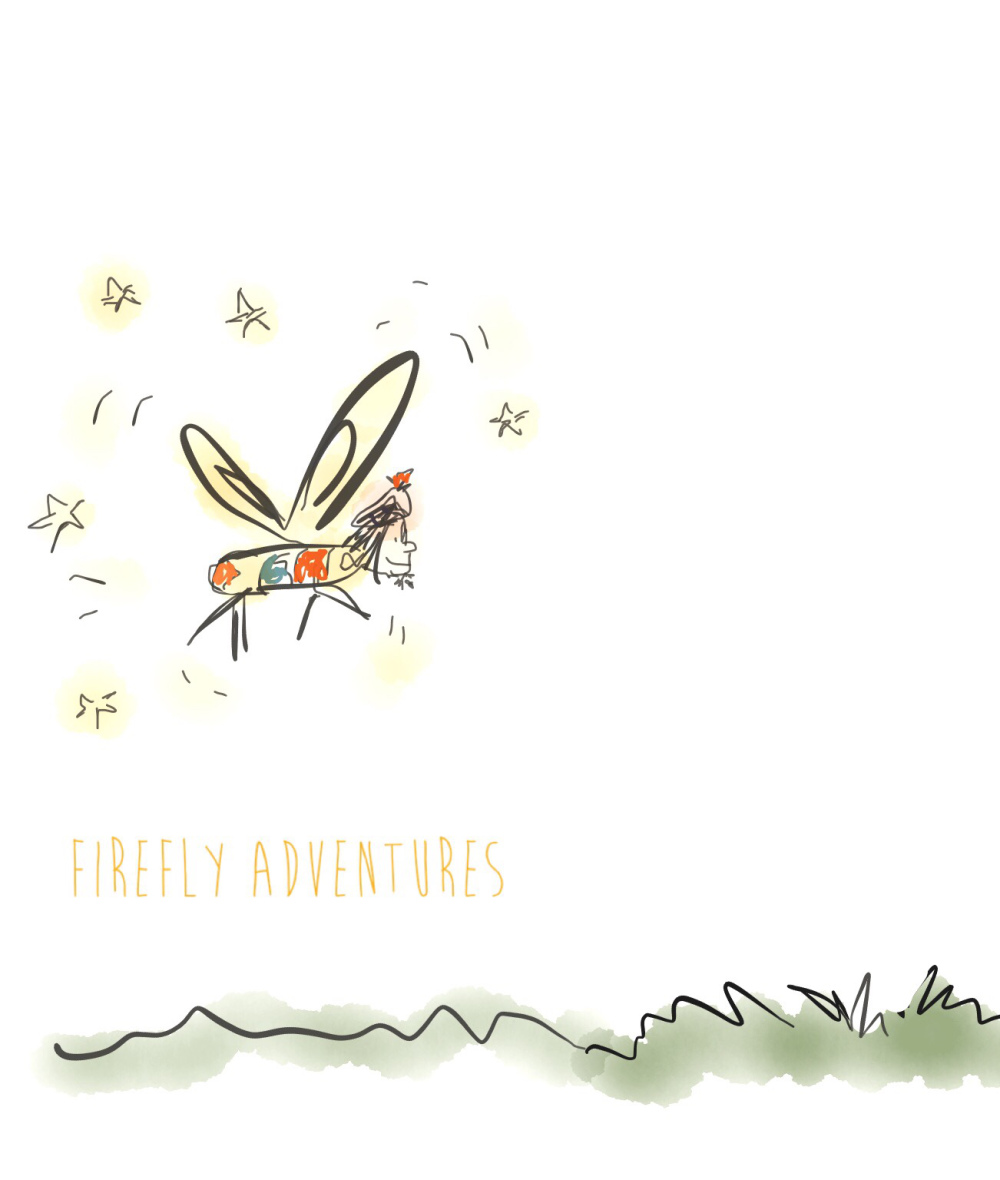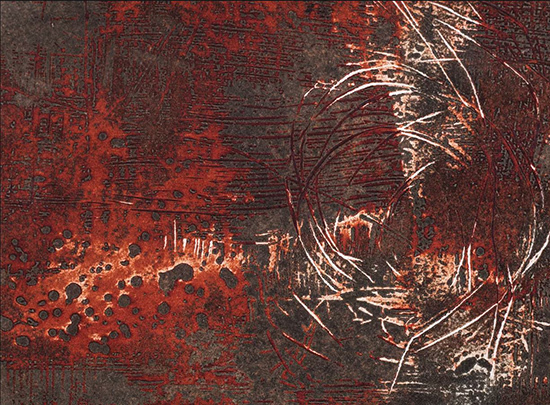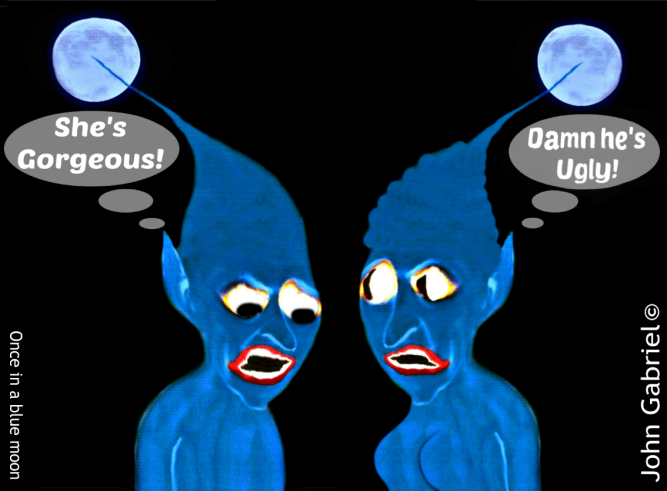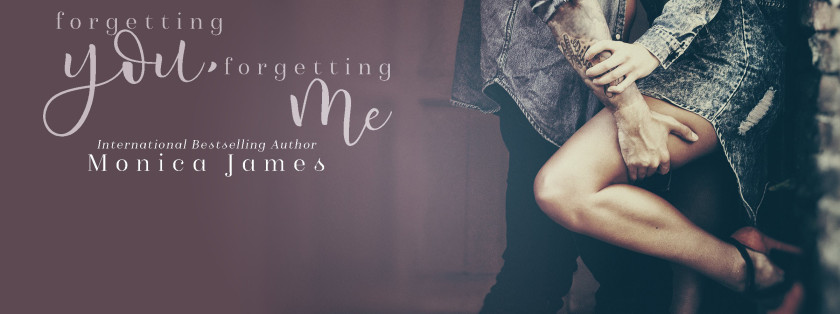Top Five Wednesday was created by Lainey from gingerreadslainey and is currently hosted by Sam from Thoughts on Tomes. Check out the goodreads group to learn more.
November 29th: Authors You’d Want to Write Like
 Hanya Yanagihara: A Little Life is the book I want to write. I mean, not literally, because Hanya already did it, but the incisive and thoughtful quality of her prose is exactly what I strive for in my own writing; there’s such an effortless quality to it that I admire so much more than overly flowery prose. Her characters are nuanced and multidimensional; her story is utterly devastating… all of the elements that come together and make A Little Life extraordinary are things I hope to achieve with a book some day.
Hanya Yanagihara: A Little Life is the book I want to write. I mean, not literally, because Hanya already did it, but the incisive and thoughtful quality of her prose is exactly what I strive for in my own writing; there’s such an effortless quality to it that I admire so much more than overly flowery prose. Her characters are nuanced and multidimensional; her story is utterly devastating… all of the elements that come together and make A Little Life extraordinary are things I hope to achieve with a book some day.
“He had looked at Jude, then, and had felt that same sensation he sometimes did when he thought, really thought of Jude and what his life had been: a sadness, he might have called it, but it wasn’t a pitying sadness; it was a larger sadness, one that seemed to encompass all the poor striving people, the billions he didn’t know, all living their lives, a sadness that mingled with a wonder and awe at how hard humans everywhere tried to live, even when their days were so very difficult, even when their circumstances were so wretched. Life is so sad, he would think in those moments. It’s so sad, and yet we all do it.”
– Hanya Yanagihara, A Little Life
 Donna Tartt: Okay, maybe I lied – if there’s any book I wish I could have authored more than A Little Life, it’s The Secret History. I mean… I live in Vermont and it’s the setting I’m most comfortable writing, and I have a huge interest in the classics, and I love academia-based narratives, and I love literary thrillers… but Tartt got there first, alas. But I’m not mad because I think she is such a tremendous talent. I know that some people think her prose is pretentious, but I find it absolutely mesmerizing. If I can write a paragraph half this good in my lifetime I will be very happy.
Donna Tartt: Okay, maybe I lied – if there’s any book I wish I could have authored more than A Little Life, it’s The Secret History. I mean… I live in Vermont and it’s the setting I’m most comfortable writing, and I have a huge interest in the classics, and I love academia-based narratives, and I love literary thrillers… but Tartt got there first, alas. But I’m not mad because I think she is such a tremendous talent. I know that some people think her prose is pretentious, but I find it absolutely mesmerizing. If I can write a paragraph half this good in my lifetime I will be very happy.
“It’s a very Greek idea, and a very profound one. Beauty is terror. Whatever we call beautiful, we quiver before it. And what could be more terrifying and beautiful, to souls like the Greeks or our own, than to lose control completely? To throw off the chains of being for an instant, to shatter the accident of our mortal selves? Euripides speaks of the Maenads: head thrown I back, throat to the stars, “more like deer than human being.” To be absolutely free! One is quite capable, of course, of working out these destructive passions in more vulgar and less efficient ways. But how glorious to release them in a single burst! To sing, to scream, to dance barefoot in the woods in the dead of night, with no more awareness of mortality than an animal! These are powerful mysteries. The bellowing of bulls. Springs of honey bubbling from the ground. If we are strong enough in our souls we can rip away the veil and look that naked, terrible beauty right in the face; let God consume us, devour us, unstring our bones. Then spit us out reborn.”
– Donna Tartt, The Secret History
 John Boyne: The aspect of Boyne’s style that I admire so much is his ability to flit back and forth between gravity and levity – The Heart’s Invisible Furies is the only book I can think of that made me actually laugh out loud, and cry on different occasions. Sometimes I think I should write a book as unapologetically dark as the two I mentioned above, but then sometimes I think I should try my hand at dark humor, and Boyne would be the model I would turn to in that case. I mean, even The Absolutist, as depressing as it was, had some unexpectedly comedic moments. Although I usually think I’d rather make readers cry than laugh, I think doing both would actually be ideal.
John Boyne: The aspect of Boyne’s style that I admire so much is his ability to flit back and forth between gravity and levity – The Heart’s Invisible Furies is the only book I can think of that made me actually laugh out loud, and cry on different occasions. Sometimes I think I should write a book as unapologetically dark as the two I mentioned above, but then sometimes I think I should try my hand at dark humor, and Boyne would be the model I would turn to in that case. I mean, even The Absolutist, as depressing as it was, had some unexpectedly comedic moments. Although I usually think I’d rather make readers cry than laugh, I think doing both would actually be ideal.
“Long before we discovered that he had fathered two children by two different women, one in Drimoleague and one in Clonakilty, Father James Monroe stood on the altar of the Church of Our Lady, Star of the Sea, in the parish of Goleen, West Cork, and denounced my mother as a whore.”
– John Boyne, The Heart’s Invisible Furies
 Hannah Kent: Kent’s prose is superb. Burial Rites is one of the most atmospheric novels I’ve ever read – I would love to write a book like this where prose and setting and characters all come together to create something so striking and devastating.
Hannah Kent: Kent’s prose is superb. Burial Rites is one of the most atmospheric novels I’ve ever read – I would love to write a book like this where prose and setting and characters all come together to create something so striking and devastating.
“Now comes the darkening sky and a cold wind that passes right through you, as though you are not there, it passes through you as though it does not care whether you are alive or dead, for you will be gone and the wind will still be there, licking the grass flat upon the ground, not caring whether the soil is at a freeze or thaw, for it will freeze and thaw again, and soon your bones, now hot with blood and thick-juicy with marrow, will be dry and brittle and flake and freeze and thaw with the weight of the dirt upon you, and the last moisture of your body will be drawn up to the surface by the grass, and the wind will come and knock it down and push you back against the rocks, or it will scrape you up under its nails and take you out to sea in a wild screaming of snow.”
– Hannah Kent, Burial Rites
 John Steinbeck: Okay, so, I used to think I hated Steinbeck. I couldn’t stand The Grapes of Wrath or The Pearl, and I was very surprised when I enjoyed Of Mice and Men but quickly wrote it off as a random blip – so no one was more surprised than I was when I fell so in love with East of Eden earlier this year. So when I say I want to write like Steinbeck, I mean, I want to write like Steinbeck wrote in East of Eden. Everything about that novel’s construction is a masterpiece. (I can’t take Steinbeck haters who haven’t read East of Eden seriously. I mean. Give it a chance.)
John Steinbeck: Okay, so, I used to think I hated Steinbeck. I couldn’t stand The Grapes of Wrath or The Pearl, and I was very surprised when I enjoyed Of Mice and Men but quickly wrote it off as a random blip – so no one was more surprised than I was when I fell so in love with East of Eden earlier this year. So when I say I want to write like Steinbeck, I mean, I want to write like Steinbeck wrote in East of Eden. Everything about that novel’s construction is a masterpiece. (I can’t take Steinbeck haters who haven’t read East of Eden seriously. I mean. Give it a chance.)
“When a child first catches adults out — when it first walks into his grave little head that adults do not always have divine intelligence, that their judgments are not always wise, their thinking true, their sentences just — his world falls into panic desolation. The gods are fallen and all safety gone. And there is one sure thing about the fall of gods: they do not fall a little; they crash and shatter or sink deeply into green muck. It is a tedious job to build them up again; they never quite shine. And the child’s world is never quite whole again. It is an aching kind of growing.”
– John Steinbeck, East of Eden
Honorable mentions to Kazuo Ishiguro and W. Somerset Maugham who both nearly made the cut.
Which authors would you like to write like? Comment and let me know!
Advertisements Share this:




